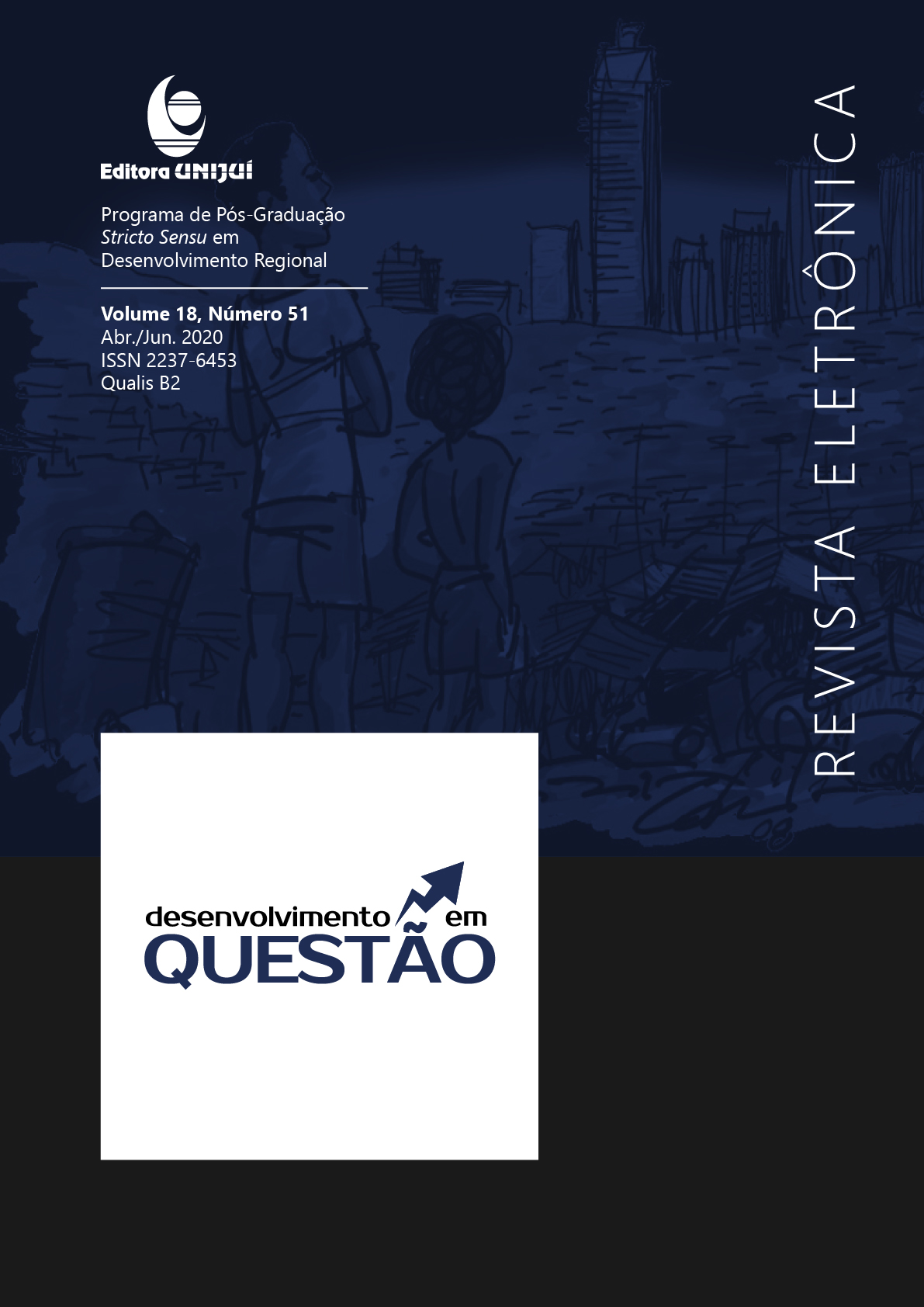Social Observatories and their Importance for Governance in Southern Brazil
DOI:
https://doi.org/10.21527/2237-6453.2020.51.113-128Keywords:
Public Spending; Participation; Transparency; Accountability.Abstract
The social control of public actions and spending has become more and more frequent all over the world. In Brazil, the Federal Constitution of 1988 is the framework of this process, establishing that the control of Public Administration must be carried out by organs of the public power itself and by society. In this sense, the present study aims to analyze the financial benefits and non-financial benefits of Social Observatories in the southern region of the country. Methodologically, data were collected and analyzed on the official site of the Social Observatory of Brazil for the states of Paraná, Santa Cataria and Rio Grande do Sul, for the year 2017. For this, the main result is the undeniable relevance of the paper control of public spending. The financial analysis indicates economicity in all the municipalities in question, varying the percentage, but with significant savings for the public coffers. The non-financial actions carried out by the OSs revolve around the monitoring of bids, meetings with public agents and the dissemination of social control through lectures, courses and training. This indicates the greater knowledge and control of public resources by the population.
Downloads
Published
How to Cite
Issue
Section
License
By publishing in Revista Desenvolvimento em Questão, authors agree to the following terms:
All works are published under the Creative Commons Attribution 4.0 International License (CC BY 4.0), which allows:
Sharing — to copy and redistribute the material in any medium or format;
Adaptation — to remix, transform, and build upon the material for any purpose, even commercially.
These permissions are irrevocable, provided that the following terms are respected:
Attribution — authors must be properly credited, a link to the license must be provided, and any changes made must be indicated.
No additional restrictions — no legal or technological measures may be applied that legally restrict others from doing anything the license permits.
Notices:
The license does not apply to elements that are in the public domain or covered by legal exceptions.
The license does not grant all necessary rights for specific uses (e.g., image rights, privacy, or moral rights).
The journal is not responsible for the opinions expressed in the articles, which are the sole responsibility of the authors. The Editor, with the support of the Editorial Board, reserves the right to suggest or request modifications when necessary.
Only original scientific articles presenting research results of interest that have not been previously published or simultaneously submitted to another journal with the same purpose will be accepted.
Mentions of trademarks or specific products are intended solely for identification purposes and do not imply any promotional relationship by the authors or the journal.
License Agreement (for articles published from 2025 onward): Authors retain the copyright to their article and grant Revista Desenvolvimento em Questão the right of first publication.











